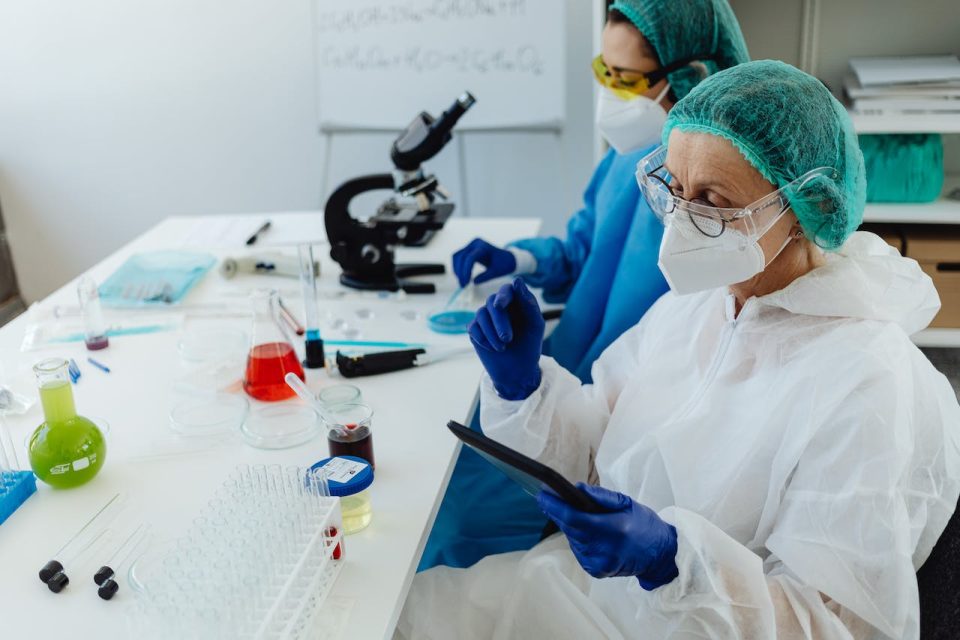San Diego-based clinical-stage biopharmaceutical firm, Ventyx Biosciences, unveiled pivotal findings from the Phase 2 clinical trial of VTX958, targeted at patients grappling with moderate to severe plaque psoriasis. In light of these results, Ventyx Biosciences has decided to terminate both its Phase 2 plaque psoriasis trial and a distinct midstage study focusing on the drug’s application in psoriatic arthritis. Subsequent to this announcement, the stock of Ventyx Biosciences experienced a substantial downturn, plummeting by a staggering 73% during premarket trading on Tuesday, reaching $3.77 per share, compared to a closing price of $14.09 on the preceding Monday. Presently, the stock shows a decline of 81%.
At the time of this publication, Ventyx Biosciences Inc stock (VTYX) has witnessed a decline.
Ventyx Biosciences Inc
Current Price: $2.67
Change : -11.42
Change (%): (-81.05%)
Volume: 18.8M
Source: Tomorrow Events Market Data
The biotech entity reported that, among the four assessed dosage levels, the two higher doses, namely 225 mg and 300 mg, successfully achieved the primary endpoint of the study. These doses exhibited a statistically significant proportion of patients, experiencing a 75% reduction in the Psoriasis Area and Severity Index at Week 16, as opposed to those administered a placebo.
Nevertheless, upon closer scrutiny of the data, Ventyx Biosciences determined that “the magnitude of efficacy observed did not meet our internal target to support advancement of VTX958 in plaque psoriasis.”
Despite this setback, a subsequent Phase 2 trial of VTX958 in Crohn’s disease is slated to continue enrolling patients, with an interim efficacy analysis scheduled for the first quarter of the upcoming year.
CEO Raju Mohan, Ph.D., expressed disappointment in the third-quarter earnings release, stating, “While the phase 2 trial of VTX958 in plaque psoriasis met the primary and key secondary endpoints, we are disappointed by the magnitude of efficacy observed, despite having achieved target levels of drug exposure in the trial.”
“Although these results do not support further development of VTX958 in the highly competitive psoriasis and psoriatic arthritis indications, I want to thank the patients and investigators for their participation,” Mohan added.
In addition to VTX958, Ventyx Biosciences has three other candidates currently undergoing clinical evaluation. Notably, VTX002, an S1P1R modulator, recently posted positive results in a phase 2 trial targeting ulcerative colitis. Additionally, a midstage trial is underway for VTX2735, a peripheral NLRP3 inhibitor, which is currently being assessed in patients afflicted with familial cold autoinflammatory syndrome.
VTX002 encountered a similar challenge to VTX958 last month, meeting the primary endpoint in a phase 2 trial, but leaving investors with lingering uncertainties regarding its competitive edge against rival S1P1 modulators, such as Pfizer’s etrasimod and Bristol Myers Squibb’s approved Zeposia.

